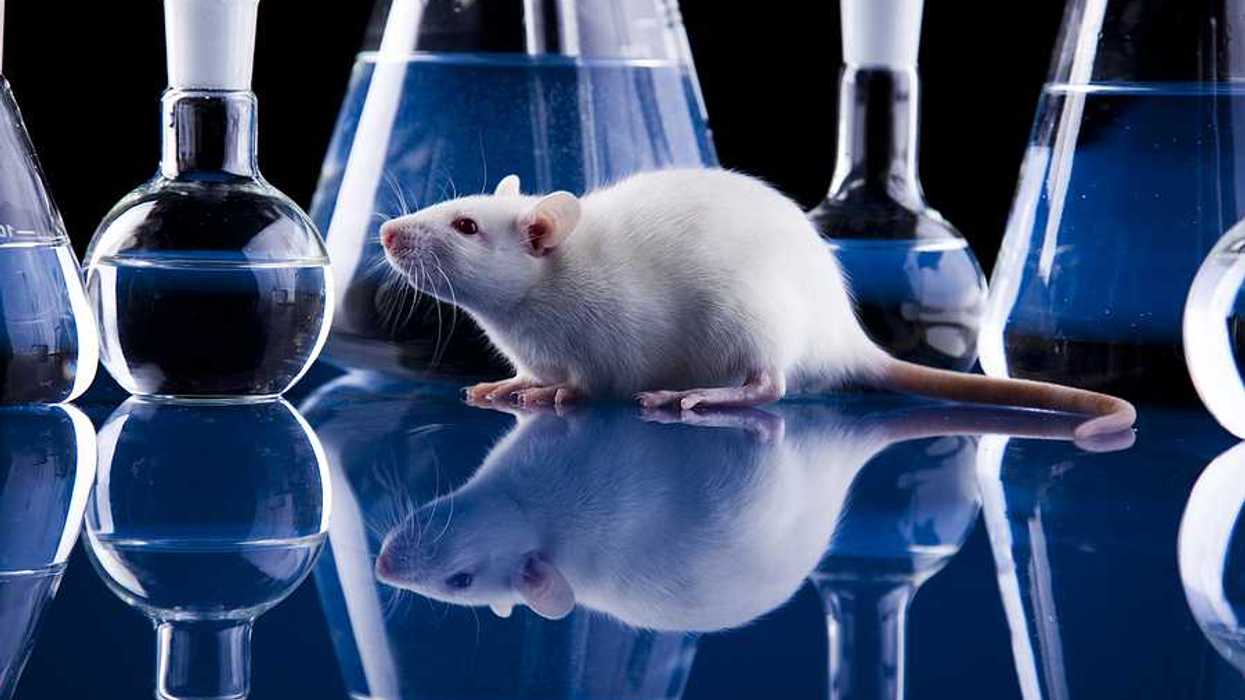A new EPA proposal may significantly increase the levels of a pesticide linked to developmental issues on vegetables.
Sharon Lerner reports for ProPublica.
In short:
- The EPA's proposal suggests allowing ten times the current levels of acephate on foods like tomatoes and celery.
- Acephate, a pesticide banned in the EU, is linked to neurodevelopmental disorders in children.
- Scientific advisory panels have criticized the EPA's reliance on new cell-based tests, performed by the industry, over more comprehensive animal studies.
Key quote:
“It’s exactly what we recommended against. Children’s development is exquisitely sensitive to toxicants (…) It’s disappointing they’re not following the science.”
— Veena Singla, professor at Columbia University and member of the Children’s Health Protection Advisory Committee for the EPA.
Why this matters:
The potential increase in acephate levels on common produce concerns health professionals due to its association with disorders like ADHD and autism. This decision may also influence future regulatory standards for other toxic chemicals, setting a precedent.
Be sure to read our 2019 coverage: As cities and counties across the US restrict or ban pesticides, many are realizing passing a law is but a battlefield victory in a prolonged war.














